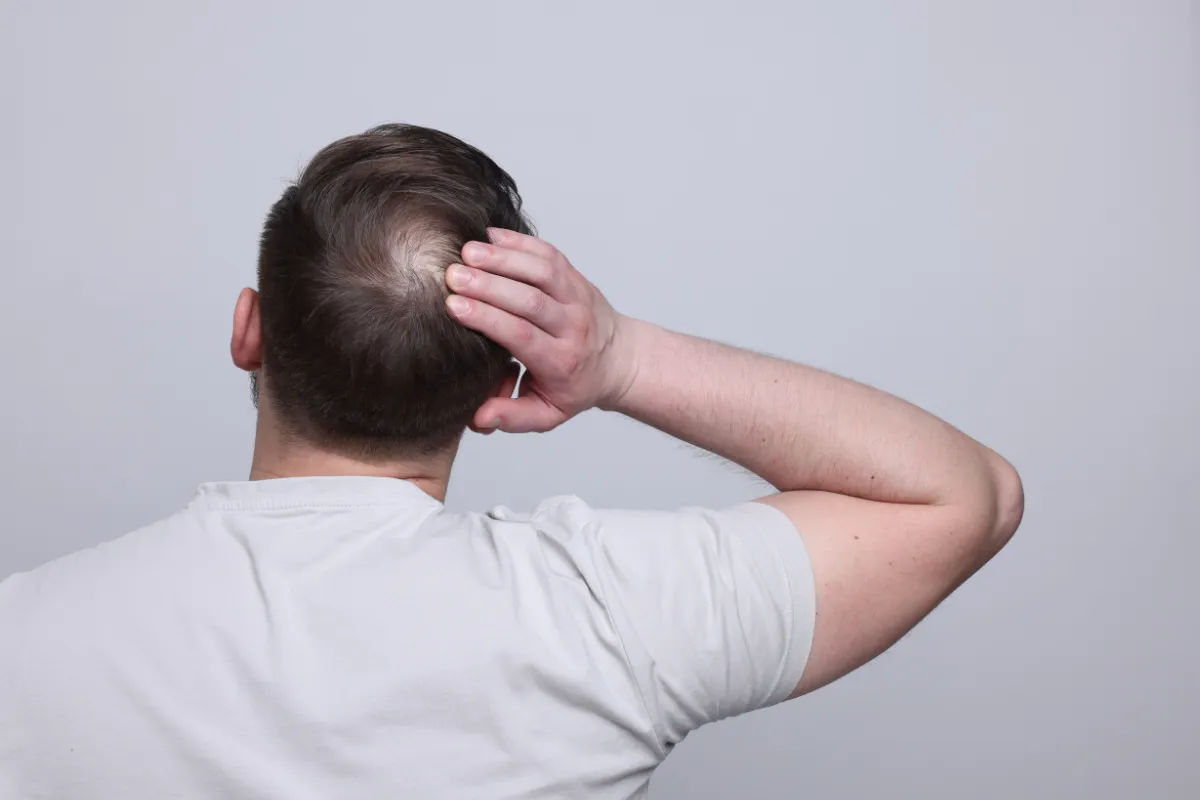
Can Obese Individuals Undergo Hair Transplantation?
Yes—many people with obesity can safely undergo a hair transplant when their overall health is stable and risk factors are well managed. Candidacy depends less on a number on the scale and more on blood pressure, diabetes control, sleep apnea, and how long you can tolerate a long session. A medical assessment helps tailor anesthesia, positioning, and aftercare.

Understanding Obesity And BMI
Obesity is commonly defined in adults as a body mass index (BMI) of 30 or higher. BMI is a screening tool, not a diagnosis on its own, but it can flag a higher likelihood of health conditions that matter for any elective procedure.
If you are considering a hair transplant and you live with obesity, the key question is whether any related medical issues are controlled and whether the clinic can plan the session safely around comfort, monitoring, and recovery.
Can People With Obesity Have A Hair Transplant?
In most cases, yes. Hair transplantation is typically performed as an outpatient procedure using local anesthesia, sometimes with light sedation. That profile makes it accessible for many patients, including those with a higher BMI, as long as pre-op screening does not identify unmanaged risks.
A reputable clinic will treat obesity as one piece of the picture and focus on your current health status, medications, and history of anesthesia or procedural complications.
What Clinics Evaluate Before Surgery
Overall Health And Comorbidities
Obesity can be linked with high blood pressure, type 2 diabetes, heart disease, and fatty liver disease. These conditions do not automatically rule out a transplant, but they can affect procedure planning, bleeding risk, and recovery.
Sleep Apnea And Airway Risk
Obstructive sleep apnea is more common in people with obesity and can increase risk during sedation. Clinics may screen for symptoms such as loud snoring, daytime sleepiness, or witnessed pauses in breathing, then adjust monitoring or sedation plans.
Medication Review
Your team should review blood thinners, diabetes medications, and any drugs that affect blood pressure or healing. Never stop prescription medication without guidance from your prescribing clinician.
Comfort And Positioning
A hair transplant can last several hours. Some patients with higher BMI experience shoulder, neck, or lower-back strain when lying still. Experienced teams plan position changes, short breaks, and ergonomic supports to protect circulation and comfort.
Risks In Obese Patients And How To Reduce Them
Slower Wound Healing And Higher Infection Risk
Research across surgical fields shows obesity is associated with impaired wound healing and higher rates of wound complications. For hair transplantation, that means aftercare and hygiene matter, and clinics may tailor post-op instructions to reduce irritation and folliculitis.
Sedation Sensitivity In Sleep Apnea
If sedation is used, sleep apnea can raise the chance of breathing problems, especially when combined with certain pain medicines. Modern guidance emphasizes careful screening and appropriate monitoring when sedating patients with suspected or confirmed sleep apnea.
Extended Procedure Time
Large sessions can increase fatigue and discomfort. Breaking the plan into staged sessions may improve safety and experience, especially if you have back pain, reflux, or circulation issues.
Clotting And Circulation
Hair transplants are usually low-risk for blood clots compared with major surgery, but long periods of immobility can still be a concern. Clinics often build in short standing breaks and encourage gentle walking soon after the procedure unless your doctor advises otherwise.





